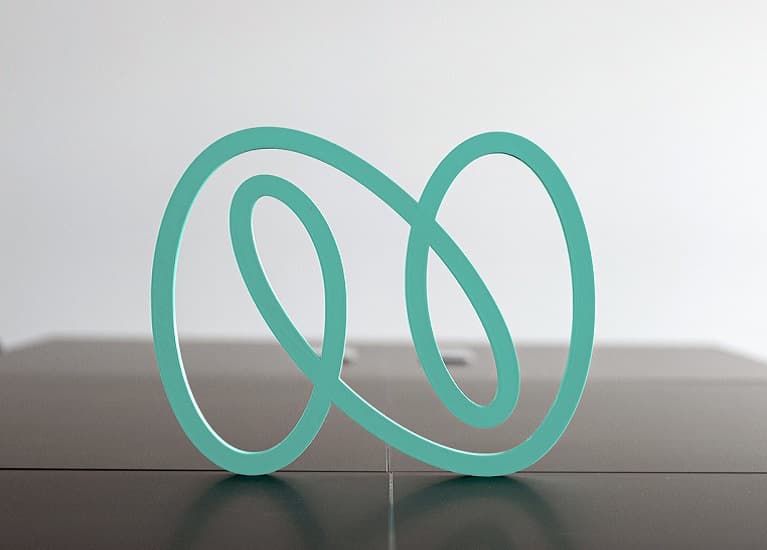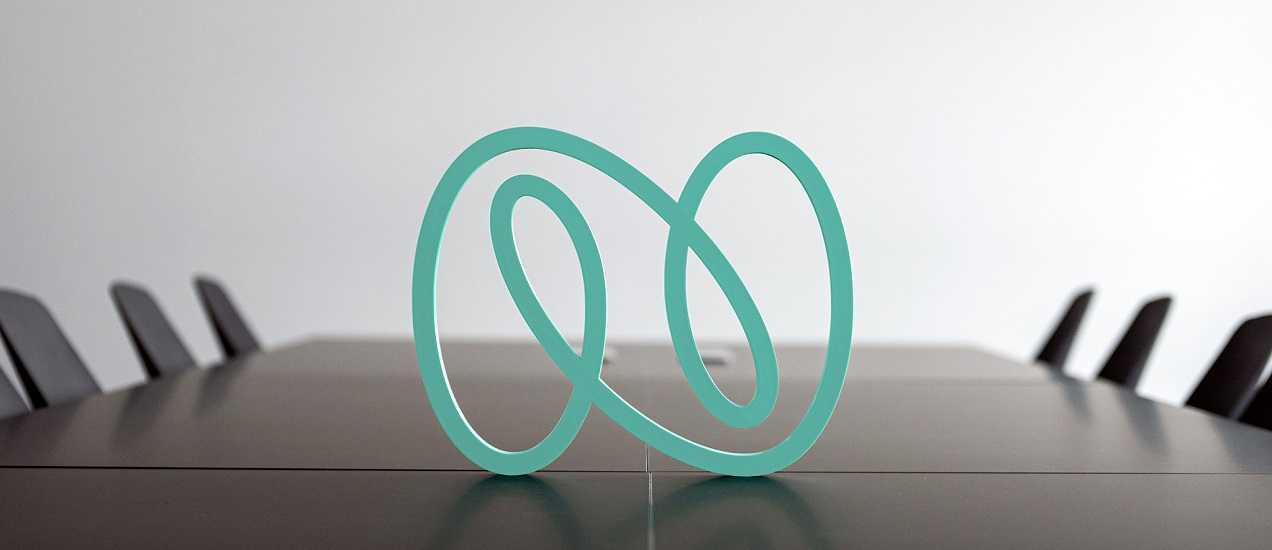Richard Wheatley
 The Fifth Discipline: The Art and Practice of the Learning Organization by MIT’s Peter Senge was a seminal book on systems thinking, at the core of which was the premise that if you have good people with a bad system, the system will win almost every time.
The Fifth Discipline: The Art and Practice of the Learning Organization by MIT’s Peter Senge was a seminal book on systems thinking, at the core of which was the premise that if you have good people with a bad system, the system will win almost every time.
Today systems thinking is very much part of the standard response to any organizational challenge - “it is a systemic problem and we must make sure that this never happens again”. Ironically this often results in a “root a branch review” swiftly followed by the decision to augment the “management” team to virtually guarantee that it will happen again. What is often missing is the acknowledgement that the flawed system needs fixing in order to enable good people to function.
Now bringing us back to the topic of the day, moving beyond commodity services to drive innovation. The traditional model for Global Consulting firms has been long term engagements with clients, where profitability is predicated on the gradual substitution of senior staff by junior staff enabled by high rates of attrition. On occasion this is combined with managing to the point of an acceptable level of dissatisfaction, an art form to behold with enthusiastic but crucially powerless junior staff who perform their own version of “rope a dope”, a technique famously adopted to positive effect by Muhammad Ali in the Rumble in the Jungle. What typifies these engagements is inexperienced people learning on the job who are running fast because they have much to learn.
Now let's contrast that with what is required to effectively deliver on innovation. We need experienced, knowledgeable people with the capacity to apply that accumulated knowledge and enough time to think.
We should acknowledge that innovation isn’t a property of a particular people, culture or indeed locale, and challenge any popular notions that vendor engagements can only be limited to commodity delivery. Clients need to invest in vendors whose business models drive low attrition rates and raise their expectations with regard to the role the vendor can take in their quest for real innovation. Vendors need to meet that challenge by engaging with clients to address challenges, and ensuring that its people have the time and the space to be innovative.
We can conclude that “it (innovation) is a systemic challenge, and for sure if it’s not considered as such it will never happen”.




